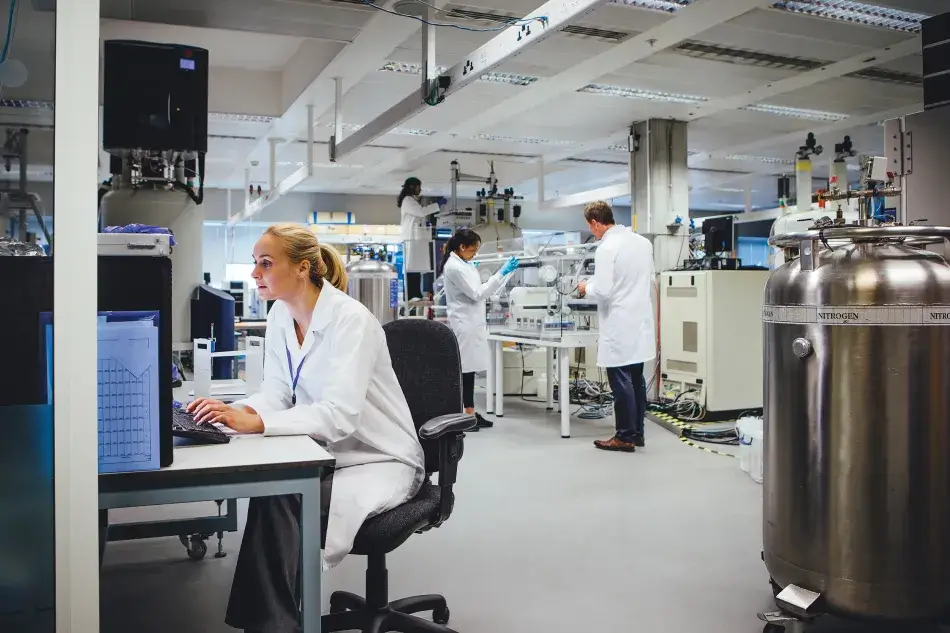
The Academy’s record of distinction in Science, Engineering, and Technology dates to its founding mission “to cultivate every art and science which may tend to advance the interest, honor, dignity, and happiness of a free, independent, and virtuous people.” Rather than generate new scientific research, the role of the Academy has been uniquely interdisciplinary, bridging the social sciences and arts with the physical sciences to support a national understanding, belief, and trust in science and discovery. Perhaps no better example of this can be found than in the mid-1800s when the Academy hosted hotly contested debates about a new scientific theory: the theory of evolution.
Academy projects in Science, Engineering, and Technology seek to strengthen the capacity of science and engineering to improve the human condition. This goal has never been more important for the nation or for the world than it is today. Global challenges increasingly require collaboration across disciplinary, professional, and national boundaries, while rapid advances in information processing and transmission raise new issues for both the management of scientific and technical information and for the ability of individuals and institutions to assimilate and act on new discoveries.
Program Advisory Committee
CHAIR
Alan Leshner
formerly, American Association for the Advancement of Science
MEMBERS
Nancy C. Andrews
Boston Children’s Hospital
Mary Beckerle
University of Utah
Arthur Bienenstock
Stanford University
Emery Brown
Massachusetts Institute of Technology; Harvard Medical School; Massachusetts General Hospital
Claude Canizares
Massachusetts Institute of Technology
David Clark
Massachusetts Institute of Technology
Wayne Clough
Georgia Institute of Technology; formerly, Smithsonian Institution
Robert Horvitz
Massachusetts Institute of Technology
Leah Jamieson
Purdue University
Cora Marrett
National Science Foundation
James Simons
Simons Foundation
Jeannette Wing
Columbia University
PROJECT
Challenges for International Scientific Partnerships

Challenges for International Scientific Partnerships (CISP) articulates the benefits of international collaboration and recommends solutions to the most pressing challenges associated with the design and operation of international partnerships. This initiative identifies policy recommendations and best practices to mitigate challenges for international science collaborations, including physical facilities, distributed networks, and peer-to-peer partnerships. The project released its first report, America and the International Future of Science, in December 2020.
The Large-Scale Science (LSS) working group approaches international collaborations through the lens of issues particular to large-scale science, not peer-to-peer or small-scale international work. This group has been tasked with exploring how the United States can enhance its role in these partnerships, both in physical facilities (such as CERN) and distributed networks (such as the Human Cell Atlas). This group is focusing on recommendations that will bolster the ability of the United States to partake in large-scale collaboration efforts as meaningful and engaged partners. The report from this working group, Bold Ambition: International Large-Scale Science, was published in spring 2021.
The Emerging Science Partners (ESP) working group explores issues particular to U.S. scientific collaborations at all scales with countries seeking to boost their scientific capacity, particularly those with limited resources to do so. This working group frames discussions around how the United States can be a better collaborator in its partnerships with emerging science partner countries and work to increase equity in these collaborations. The report from this working group, Global Connections: Emerging Science Partners, was released in fall 2021.
PROJECT CHAIRS
Arthur Bienenstock
Stanford University
Peter Michelson
Stanford University
LARGE-SCALE SCIENCE
WORKING GROUP CHAIRS
Arthur Bienenstock
Stanford University
Peter Michelson
Stanford University
EMERGING SCIENCE PARTNERS
WORKING GROUP CHAIRS
Shirley Malcom
American Association for the Advancement of Science
Olufunmilayo Olopade
University of Chicago
FUNDERS
Gordon and Betty Moore Foundation
William and Flora Hewlett Foundation
Alfred P. Sloan Foundation
Project Publications
America and the International Future of Science (2020)
Bold Ambition: International Large-Scale Science (2021)
Global Connections: Emerging Science Partners (2021)
PROJECT
Commission on Accelerating Climate Action
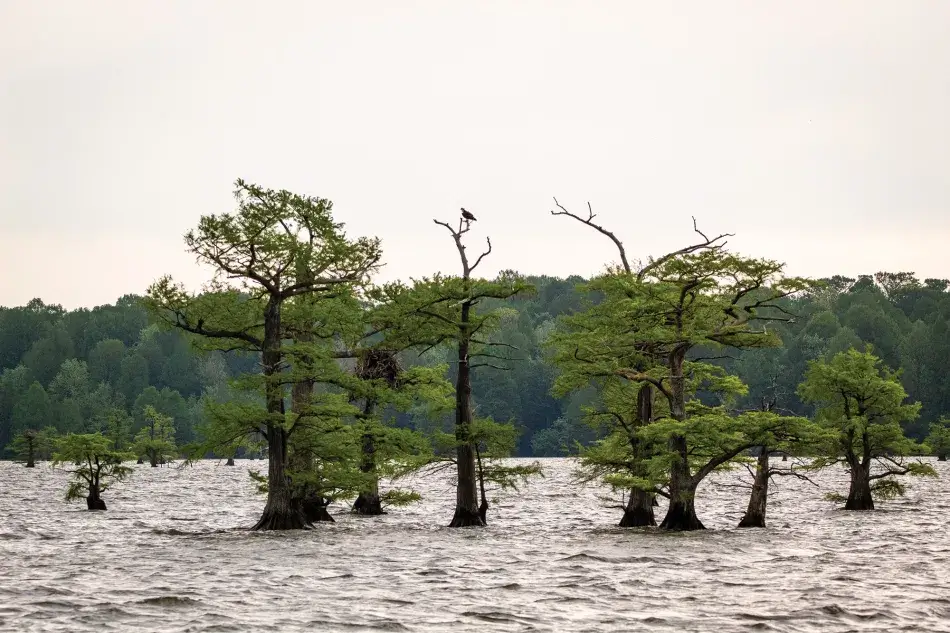
The Academy has launched a new initiative to focus on the global challenge of climate change. The scientific consensus is clear: climate change is upon us, and its impacts will be devastating and increasingly difficult to prevent and address if we do not take action now. With such strong scientific backing, what has prevented meaningful action?
The commission will host a series of activities, including multidisciplinary workshops and consultations, to assess the existing barriers to climate action and to address two questions: 1) How can the United States accelerate climate mitigation and adaptation strategies for all Americans regardless of race and socioeconomic background? and 2) What policies would most effectively and equitably remove barriers to climate action?
COMMISSION CHAIRS
Christopher Field
Stanford University
Catherine Coleman Flowers
The Center for Rural Enterprise and Environmental Justice
David G. Victor
University of California, San Diego
Patricia Vincent-Collawn
PNM Resources
FUNDERS
Alfred P. Sloan Foundation
David and Ellen Lee Family Foundation
Grantham Foundation for the Protection of the Environment
John E. Bryson and Louise Henry Bryson
Hansjörg Wyss
Roger Sant and Doris Matsui
Exploratory Meeting
Building Resilient and Ethical Supply Chains for a Post-COVID World
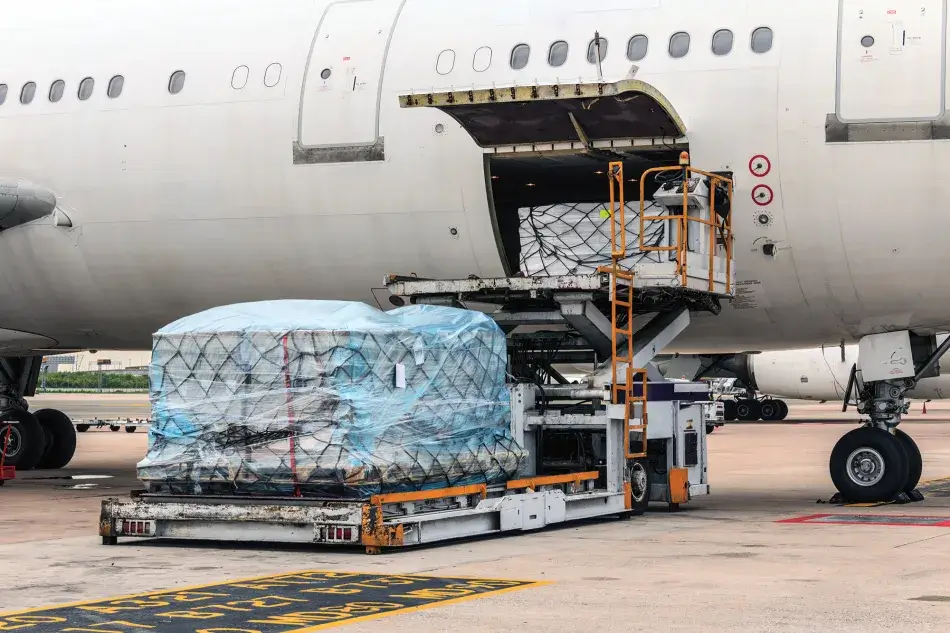
The Academy has launched a new exploratory initiative on building resiliency in supply chains, with a focus on health care and food supply chains for a post-COVID world. Supply chains are often invisible, not just to end-users but even to end-suppliers of goods and services. We have seen disruptions in the supply of some of our essential goods, such as medicines, personal protective equipment, and ventilators during the COVID-19 pandemic. In addition to mending the fractures that have been exposed in our current medical supply chain systems, the pandemic has also revealed weaknesses in our country’s food supply networks, in which the human costs of production, distribution, and delivery in unsafe conditions have been disproportionately borne by the most vulnerable participants, now reclassified as “essential workers.”
To address these questions, the Academy convened an exploratory meeting with a group of interdisciplinary experts to address the social and ethical dimensions of supply chains and produce useful recommendations for government, industry, and non-profit action. The meeting explored three themes and identified both the vulnerabilities and challenges as well as possible solutions for each: 1) health care and food security supply chains; 2) ethical considerations of supply chains; and 3) national security as it relates to supply chains.
Meeting CHAIRS
Margaret Levi
Center for Advanced Study in the Behavioral Sciences, Stanford University
Richard Locke
Brown University
FUNDER
American Academy Exploratory Fund
PROJECT
The Public Face of Science
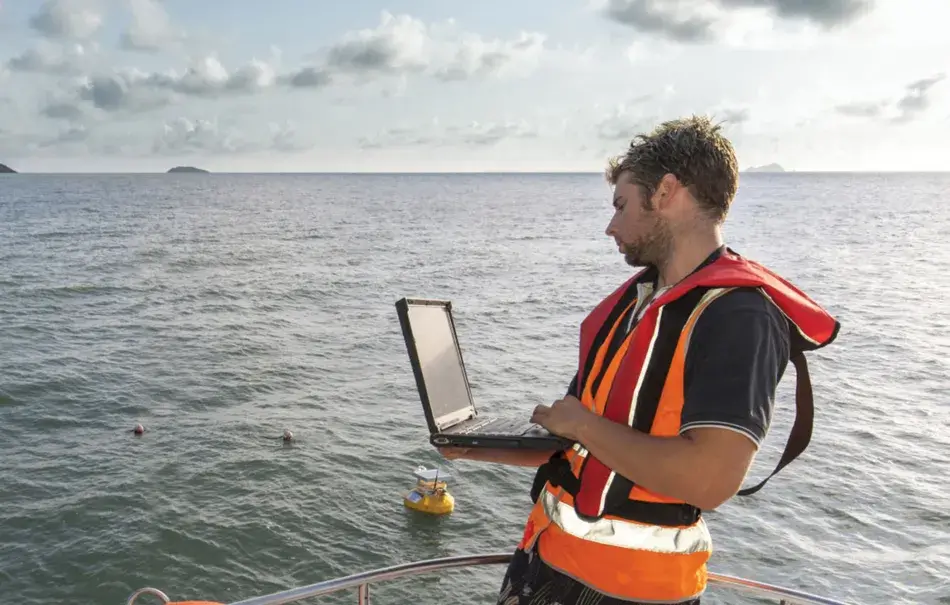
The Academy’s multiyear initiative on the Public Face of Science addresses various aspects of the complex and evolving relationship between scientists and the public and examines how trust in science is shaped by individual experiences, beliefs, and engagement with science. Additional project activities have included published work on the role of science in the legal system and the coordination and deployment of scientific teams as part of crisis response. The initiative has brought together a broad range of experts in communication, law, humanities, the arts, journalism, public affairs, and the physical, social, and life sciences. While this project does not directly address scientific literacy in K-12 and adult education, it will inform such efforts by fostering a greater understanding of the public’s attitudes toward science.
The third and final project report of the initiative, The Public Face of Science in America: Priorities for the Future, was published in August 2020 and presents a series of proposed policy recommendations for target audiences to improve the practice of science communication and engagement. This report was informed by the findings of the earlier publications of the initiative, Perceptions of Science in America and Encountering Science in America, which aggregated data both on how Americans view the role of science in society and how they interact with science in their everyday lives.
PROJECT CHAIR
Richard Meserve
Covington & Burling LLP; formerly, Carnegie Institution for Science
FUNDERS
Gordon and Betty Moore Foundation
Rita Allen Foundation
Alfred P. Sloan Foundation
Project Publications
“Science & the Legal System,” Dædalus, edited by Shari Seidman Diamond & Richard O. Lempert (2018)
Perceptions of Science in America (2018)
Science During Crisis: Best Practices, Research Needs, and Policy Priorities, Rita R. Colwell and Gary E. Machlis (2019)
Encountering Science in America (2019)
The Public Face of Science Across the World: Optimism and Innovation in an Era of Reservations and Inequality, Matthew C. Nisbet and Erik C. Nisbet (2019)
The Public Face of Science in America: Priorities for the Future (2020)
PROJECT
New Models for U.S. Science and Technology
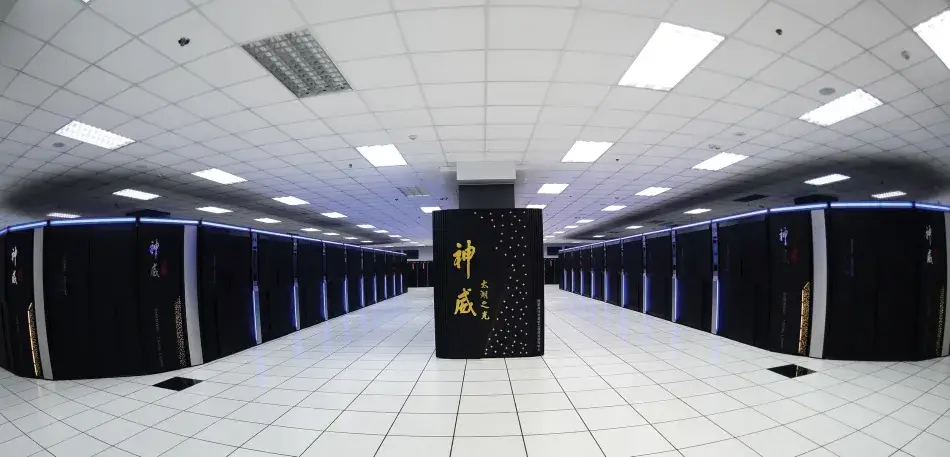
This project assembled recognized leaders from all sectors of science, engineering, and technology to recommend policy actions to help ensure the long-term sustainability of the U.S. science and engineering research enterprise. Scientific and technological advances are fundamental to the prosperity, health, and security of America. Innovation and rapid integration of new knowledge and technologies emerge from investments in research and development and rely on the partnerships between universities, federal and state governments, and industry. Staying globally competitive will require a stronger partnership and a greater focus on long-term planning in scientific and engineering research.
The Restoring the Foundation report, published in 2014, offers actionable recommendations for the long-term sustainability of the U.S. science and engineering research system to ensure a healthy research enterprise that continues to benefit the American people. An update to the report, The Perils of Complacency: America at a Tipping Point in Science & Engineering, published in fall 2020, reaffirms the importance of science and engineering for the United States, especially in the context of China’s rise as a science and technology powerhouse.
PROJECT CHAIRS
Norman R. Augustine
Lockheed Martin Corporation
Neal Lane
Rice University
FUNDERS
Bryson Science Fund
Hellman Fellows Fund
James Simons
Gordon and Betty Moore Foundation
John D. and Catherine T. MacArthur Foundation
Alfred P. Sloan Foundation
Project Publications
Restoring the Foundation: The Vital Role of Research in Preserving the American Dream (2014)
The Perils of Complacency: America at a Tipping Point in Science & Engineering (2020)